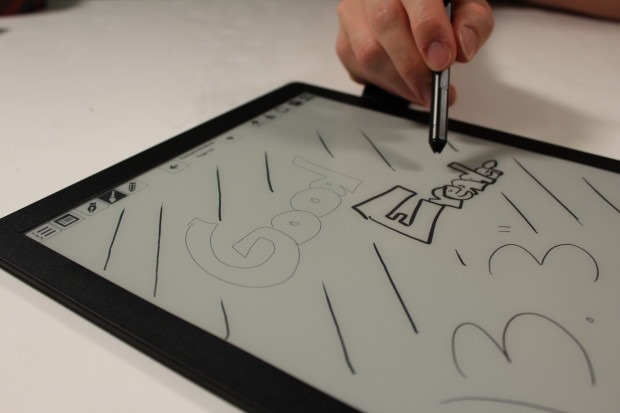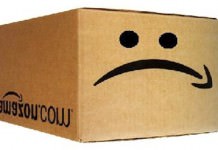 In an article Michael Kozlowski posted yesterday on GoodEReader, he reports on a poll the site took asking about the next e-reader site readers planned to buy. The poll received 633 responses, and Kozlowski breaks them down.
In an article Michael Kozlowski posted yesterday on GoodEReader, he reports on a poll the site took asking about the next e-reader site readers planned to buy. The poll received 633 responses, and Kozlowski breaks them down.
Among the GoodEReader audience, Kobo actually beat the Kindle out, 208 users to 178. Kozlowski believed it might have to do with the reader being more easily available in retail, especially internationally, which makes them an impulse buy rather than Amazon’s, which few people have the chance to play with before ordering. (Though, by definition, you wouldn’t think that being able to “impulse buy” it would count as a factor on a survey asking what people were planning to get ahead of time.) Kobo’s ability to read EPUB and its waterproof reader are cited as other advantages.
Of course, the biggest thing that makes it clear this survey doesn’t reflect the interest of e-book readers in general is that GoodEReader’s own crowdfunded reader, the 13.3” e-ink tablet we’ve covered here, comes in third with 85 respondents. The IndieGoGo project itself only has 258 backers, which is a miniscule fraction of the total e-reader-buying audience. Indeed, I doubt most e-book lovers even know Kozlowski’s project exists. But, naturally, everyone who reads GoodEReader would be aware of it—so, just as naturally, a large number of respondents would say they want it.
Onyx Boox comes in 4th place with 44 respondents, and Barnes & Noble’s Nook is all the way down in 5th place with 25—only 4% of the vote. Kozlowski suggests this has to do with the relative rarity of new device releases and that they’re only for sale in the United States, but I’d add to that the way B&N seems to keep doing all it can to render the Nook irrelevant and unwanted, including killing off its e-book store in the UK and outsourcing its support and development to India.
Below that is Pocketbook with 24, and a bunch of other small brands such as Bookeen that don’t even seem relevant any longer.
Any conclusions you can draw from this sort of survey are bound to be very general, because the audience who answered the questions is pretty far removed from the average consumer. Folks who read an e-book blog like that regularly are probably going to be fairly well-informed about e-book-related issues in general—and you can see lots of the people who answered are regulars just from how many picked the obscure 13.3” tablet as their next e-reader choice—nearly a third as many people who backed the project at all.
Does the fact that more of these people picked Kobo than Kindle suggest that familiarity with the e-book market renders Amazon’s behavior and attributes a turn-off? Even so, it’s still notable that the Kindle makes a strong second-place showing, with over twice as many respondents as the third-place 13.3” reader, and seven times as many as the fifth-place Nook.
In the end, the survey is more interesting for what it says about GoodEReader’s readership than about what e-readers people want to buy in general.
What e-reader do you plan to buy next?





























I don’t have any plans to buy a new e-reader any time soon. When one of the two that I use breaks down or becomes too obsolete, I’ll think about it. There really are no new features I can think of that would cause me to upgrade.
Perhaps it reflects the greater awareness among its readers of Kindle’s limitations vs the Kobo product line: lack of an sd card; weak typography controls, etc. As for second place in this poll, Amazon is still the major player in the game with 95% share in the UK and 75% in the US among those who apparently haven’t yet figured out how much competitors have to offer.
Maybe the world will figure out what the more aware of e-book users already know, maybe Amazon will worry more about delivering value to their users than … what … the Oasis?? Maybe not.
One thing is for certain, though, Amazon isn’t doing its users any favors.